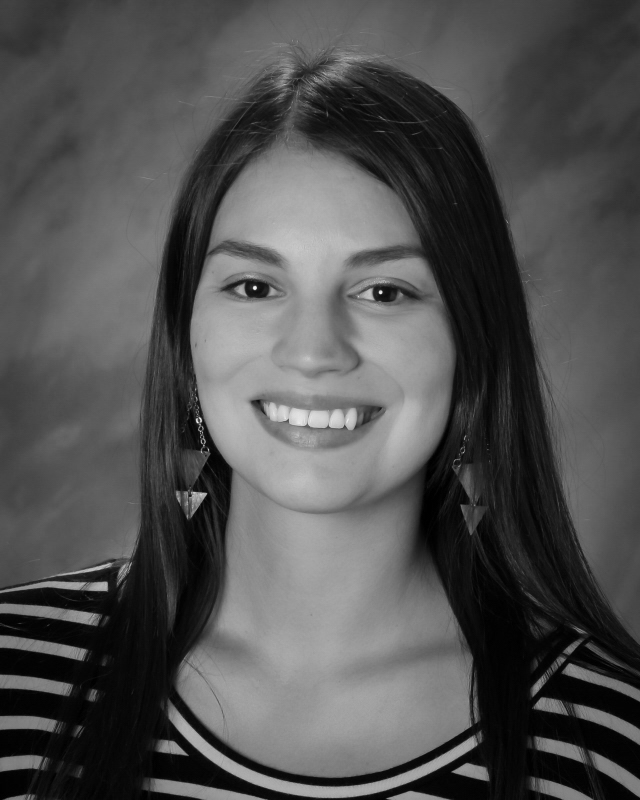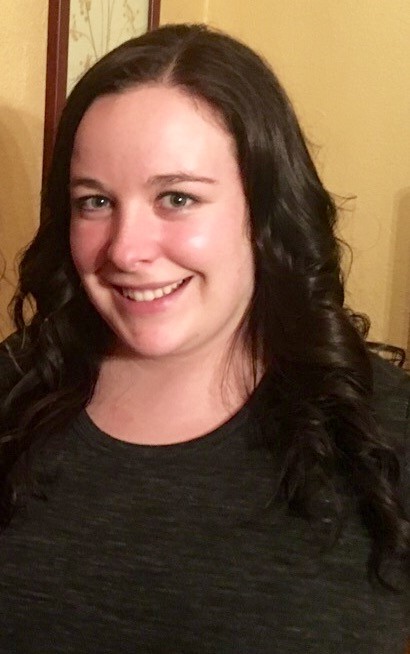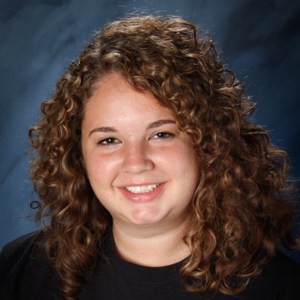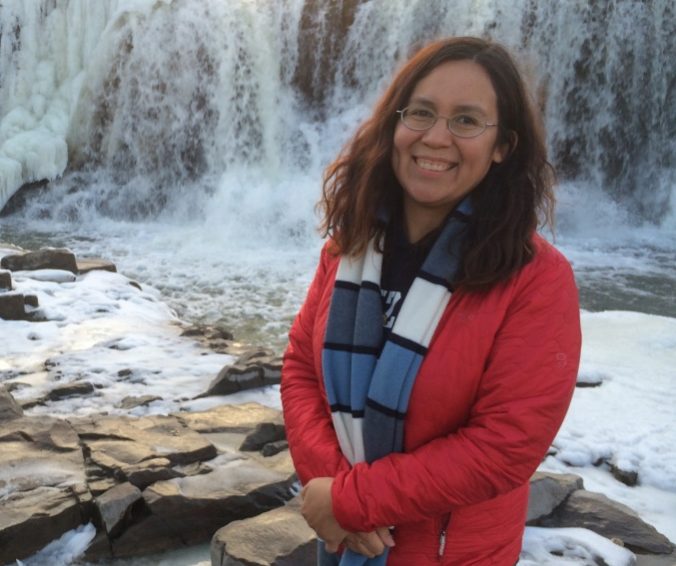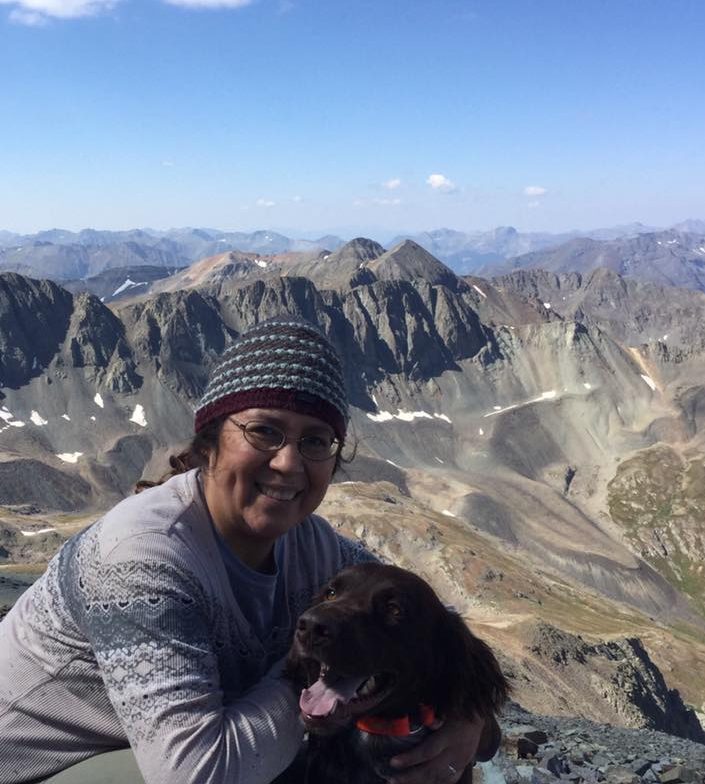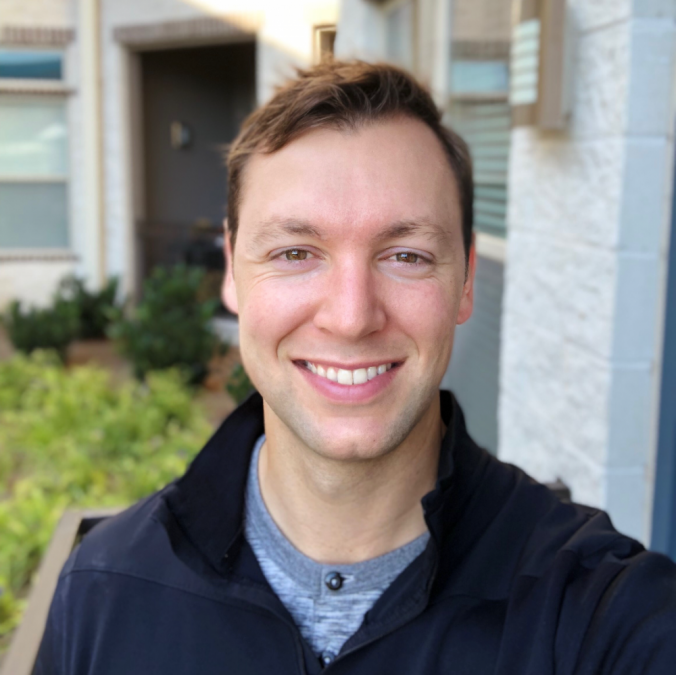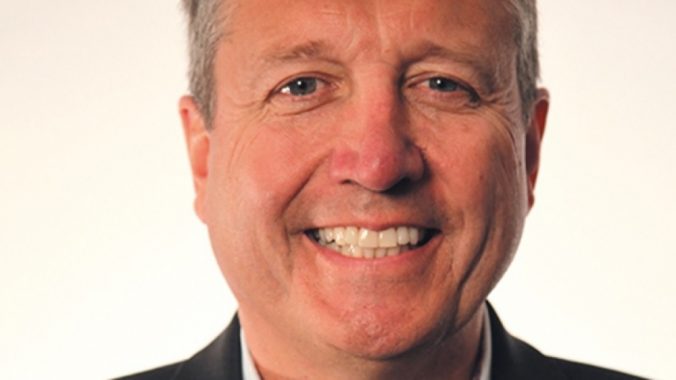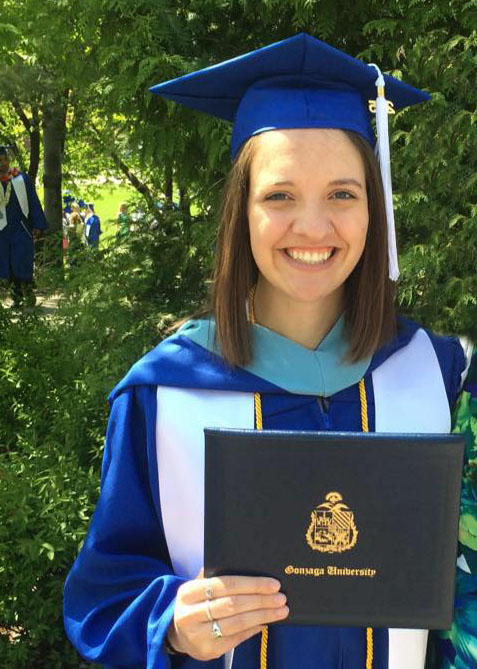What is your name, which degree did you earn, & what year did you graduate?
My name is Justine Litzko. I graduated from Gonzaga University in 2015 with my Master’s Degree in School Counseling.
What is your current occupation or role?
I am the school counselor at Twin Lakes Elementary in Rathdrum, Idaho. This is my third year at Twin Lakes, and I continually feel blessed to be working at this school and in this community.
Why did you choose a program in the School of Education at Gonzaga?
I live in and grew up in North Idaho. When I was looking at graduate schools for school counseling degrees, I wanted to stay in the area. However, I knew nothing about the local school counseling programs. At the time, I was working for a local school district. I started asking around and talking to school counselors and teachers. When asking about the best program for school counseling degrees, Gonzaga kept coming up- even by professionals who hadn’t attended Gonzaga. It had, and still has, an amazing academic and extracurricular reputation. After talking with various professionals, and researching what Gonzaga had to offer, I was extremely excited about the prospect of attending Gonzaga University.
What, or who, influenced you the most at Gonzaga? Please share as much as you are willing.
The school counseling program at Gonzaga utilizes a cohort model. That model was very influential during my time at GU. The other students in my cohort became my friends and they were individuals I could turn to, bounce ideas off of, and collaborate with during my program. Even now that we’ve graduated, there have been times we’ve turned to each other for advice.
Another extremely influential person during my time at Gonzaga was the Director of School Counseling, Addy Wissel. I couldn’t have asked for a better person to be my instructor and mentor. She was a support person through the entire program, helping me to learn and grow.
What was your greatest lesson learned at Gonzaga?
My greatest lesson learned at Gonzaga was that learning does not stop at the completion of the program; rather professional growth, development, and learning continues long after the completion of the program. Because of this mindset, I continually strive to keep up to date on research, techniques, and trends in order to better myself- as an individual and as a counselor. In addition to this, I’m involved with providing ongoing professional development to staff, so that they can grow professionally, as well.
What is the most rewarding aspect of working in your field? Most challenging?
The most rewarding part of my job is getting to build relationships with all the students in the school, as well as their families. I believe this relationship, that I work very hard to build, is the most fundamental and foundational part of any counseling that I do. I feel lucky to be a part of the students’ lives each day- being present for the good times, as well as the hard times, and seeing their growth.
A challenging part of my job is the emotional weight that comes with it and the emotional weight that I take upon myself. I always feel there is more to be done, more helping to do, but there’s not enough time in the day or resources available. It’s difficult seeing students go through incredibly hard life occurrences. It’s also very difficult when situations can’t be fixed or changed, like with death and loss. However, I try to go into every day fresh, with a smile on my face, ready to do my best for the students- to be a listener, a helper, an advocate, and the best counselor I can be.
What critical issues do you see that need to be addressed in your field?
There needs to be more resources for, and more emphasis on, social-emotional learning and related mental health services. Education no longer includes just math, reading, etc.; education also needs to include social-emotional learning. I am the only counselor at my school building, which serves approximately 340 students grades pre-k through 6th. I am accessible to all students in my school, and that’s a lot of students for one person to serve. The American School Counselor Association actually recommends the ratio be 250 students to 1 counselor. If we were able to get more resources and were to integrate more social-emotional learning into the learning environment, we would see positive, long-lasting effects.
What advice do you have for future education professionals?
The education field, and specifically the field of school counseling that I am a part of, can be emotionally taxing and draining. All day long, educators are on their toes, giving what they can to the students. I would highly recommend setting aside time for self-care. When putting so much time into others, your own person can go by the wayside. Put aside time for whatever resets and re-energizes you- exercise, reading, you name it. That “you time”, I believe, is so important.

